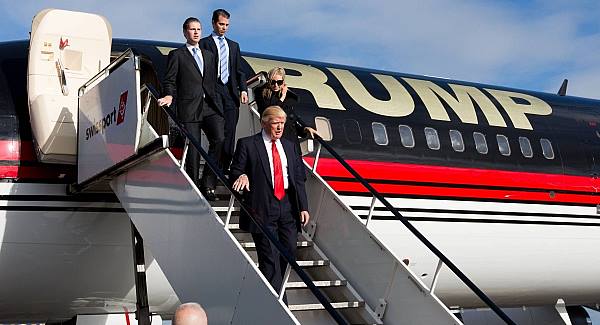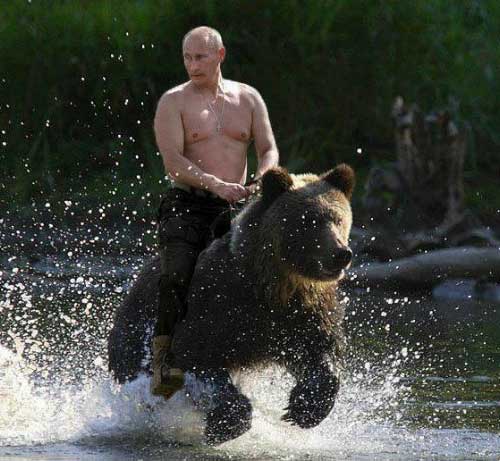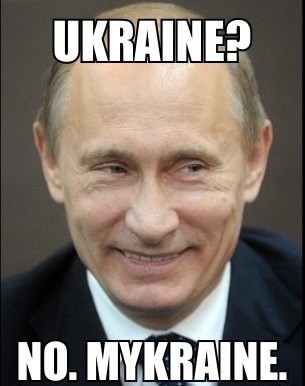Thu, Jun 5, 2014, 2:09pm EDT -
By Armin Rosen 2 hours ago
[i]Pro-Russian Rebels Are Pretty Much Russians[/i]
Yannis Behrakis/REUTERS
Pro-Russian rebels of the Battalion Vostok take positions outside the local administration building in the eastern Ukrainian city of Donetsk, May 29, 2014.
Russia’s professional troublemakers have arrived by the hundreds in Eastern Ukraine.
The Vostok Battalion, a Russian intelligence-linked Chechen-founded paramilitary consisting of battle-hardened militants from the most restive regions within Moscow’s orbit, has arrived to take charge of Ukraine’s pro-Russian rebels.
On May 30, Vostok took over rebel headquarters in Donetsk, asserting control over less-disciplined separatist militants. According to the New York Times today, the group, which became active in Ukraine in early May, has even set up a training camp in Donetsk’s botanical gardens.
Vostok’s presence in Eastern Ukraine signals a subtle and important pivot in Russian president Vladimir Putin’s strategy. Russia has drawn down its uniformed forces from Ukraine’s border, creating the impression that there’s no imminent threat of a conventional invasion. At the same time, experienced irregulars with connections to Russia’s intelligence services have helped extend Moscow’s reach inside of it southern neighbor.
As New York University professor and Russia expert Mark Galeotti explained to Business Insider when reached in Moscow, Vostok consists of militants from Chechnya, Dagestan, and Ossetia — some of the most conflict-torn places in Russia’s domain. “They aren’t there to replace the militias in Eastern Ukraine. They’re there to be the force that essentially controls them in Moscow’s name,” says Galeotti.
Vostok was disbanded after the 2008 Russian incursion into Georgia, in which it participated. The battalion had been managed by a Chechen family with a longstanding vendetta against Ramzan Kadyrov, Chechnya’s pro-Russian leader. Now that Vostok can be useful again, it’s been allowed to reconstitute itself.
Moscow’s current objective in eastern Ukraine isn’t annexation or direct control. Rather, Putin wants to maintain relative order with an eye towards reaching a favorable accord with the new government in Kiev — one that effectively resets the situation to late 2013, when Ukraine’s pro-Moscow government was still planning on joining Putin’s Eurasian customs union and spurning any EU or NATO overtures.
Under this strategy, Ukraine remains a permanent member of Russia’s “near abroad,” with its politics operating within parameters set by Moscow. The Vostok Battalion helps advance that goal.
“This is a specifically Russian military intelligence operation,” says Galeotti. “They stood this force up and its role is to try and reassert some degree of control over the situation. Moscow is beginning to become alarmed how Eastern Ukraine was spinning into chaos and warlordism.”
Vostok is one of Moscow’s instruments in achieving this victor’s peace. Their role is “essentially political,” Galeotti says: Vostok is Putin’s way of controlling other, less disciplined pro-Russian militants.
But there are between 300 and 400 Russian fighters from Vostok in Ukraine right now, and they are highly capable soldiers.
“They are mainly battle-hardened veterans,” says Galeotti. “They are a cut above not just almost all of the other militia, but at the same time they are also more capable than almost any of the Ukrainian regular military.”
As a result, the rebels are now capable of shooting down aircraft, and seizing critical infrastructure. The Russian army may no longer be camped out on Ukraine’s border, and the country’s incident-free presidential election created the perception that the situation is de-escalating.
In reality, Putin’s latest power play in Ukraine is already in progress.
http://finance.yahoo.com/news/ukraine-crisis-entering-dangerous-phase-152258286.html





